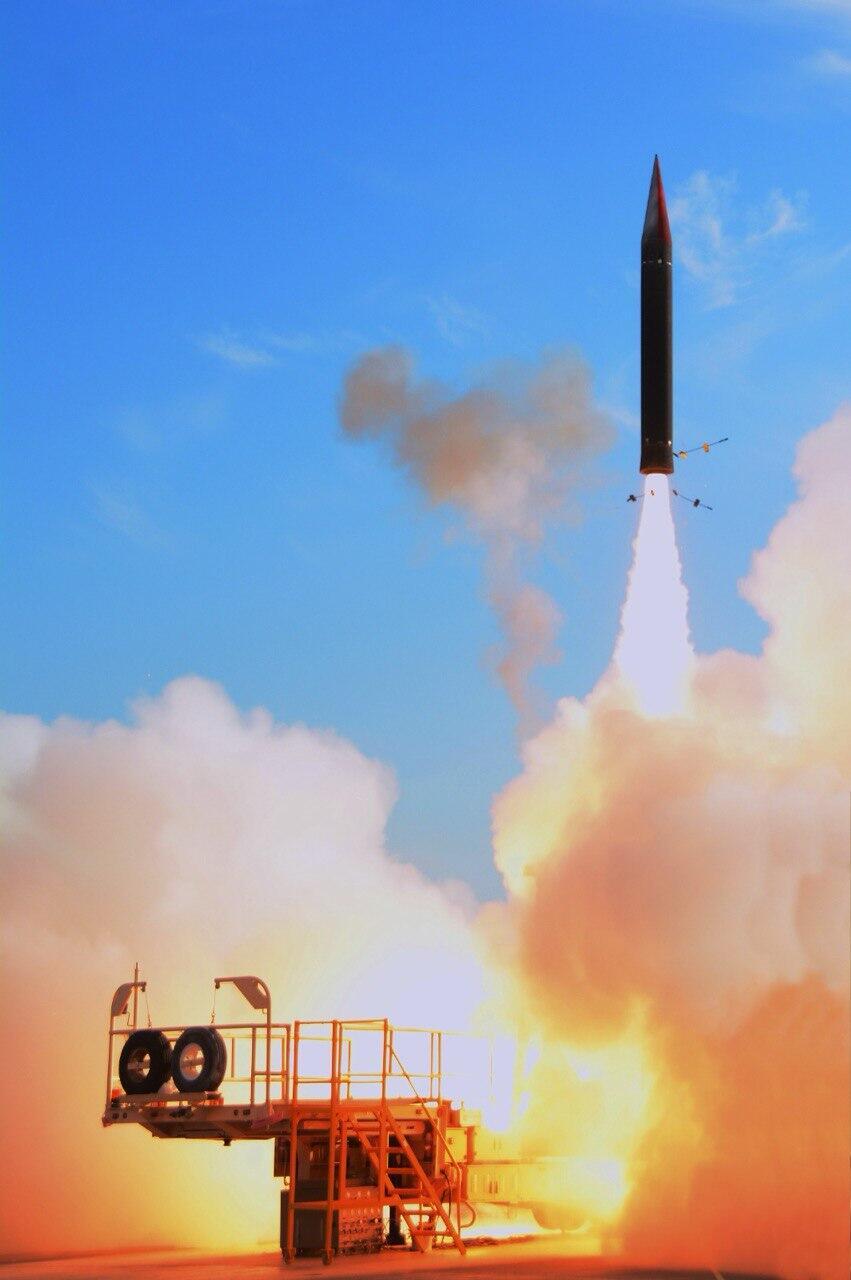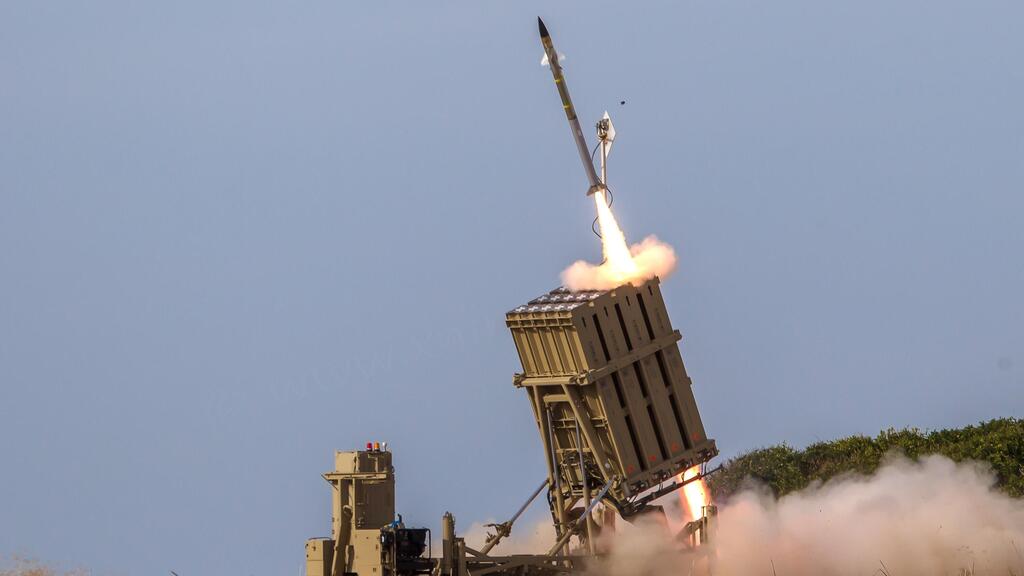A series of geopolitical developments during the past few years, both in Israel and around the world, has significantly elevated the status of Israeli defense companies. This is evident not only in soaring revenues and rising company valuations, but also — and no less importantly — in their growing appeal to local high-tech professionals.
Israel's surprise attack on Iran — a showcase of a combination of technological ingenuity, precise intelligence, and some of the most advanced weaponry in the world — is expected to accelerate this trend.
The change in focus among talent from "commercial" high-tech to the defense or dual-use sectors has become increasingly prominent since Israel’s current war began in 2023. The defense sector in Israel, once viewed as a parallel and not necessarily preferred track, has become a sought-after option for many tech professionals.
The reasons vary: employment stability in times of uncertainty, a stronger sense of direct contribution to national security, and an increasing understanding that some of today’s leading innovations are emerging precisely from these domains — especially in areas such as AI, cybersecurity, drones, and advanced communications.
For Israel’s defense industry, this migration of tech talent from startups to the core of defense work is a clear advantage. The growing attractiveness of the defense sector eases the "battle" for high-tech workers and helps reduce competitive salary gaps, thereby drawing top-tier talent and strengthening execution capabilities and innovation within the industry.
On the bright side, the growth of the defense industry can also be seen as a structural opportunity for the broader market — especially for the next generation of high-tech workers: juniors. Those struggling to find roles in startups or established tech companies are finding that the defense industry serves as an excellent professional incubator, offering structured training processes, exposure to deep technologies, and the ability to grow in a stable environment.
Get the Ynetnews app on your smartphone: Google Play: https://bit.ly/4eJ37pE | Apple App Store: https://bit.ly/3ZL7iNv
In this way, the sector can play an important role in expanding Israel’s circle of technological excellence, even beyond traditional military pathways — and serve as a springboard into entrepreneurship or the civilian tech industry in the future.
However, the shift from civilian tech to defense tech raises deep questions about the direction of the entire industry. This shift could lead to a “brain drain” from consumer and global markets — long the beating heart of the “Startup Nation.” As more engineers and product managers choose to work on classified defense projects, it becomes harder to maintain the open, international ecosystem that fuels Israel’s global tech success.
Moreover, some worry about the potential negative impact on the image of Israel’s high-tech industry in the eyes of foreign investors. Some American and European investment funds are reluctant to back technologies with military applications. If the entire ecosystem becomes heavily skewed toward defense and is seen as an extension of the security apparatus, it could deter foreign investment, limit penetration into civilian markets, and damage Israel’s innovative and global brand.
 Moran ChamsiPhoto: Merav Ben Loulou
Moran ChamsiPhoto: Merav Ben LoulouThis is not necessarily a negative trend — but it does require recognition, balance, and forward planning.
The government, academia and private sector must ensure that defense high-tech does not grow at the expense of civilian innovation growth drivers— but rather alongside them. This is the only way to ensure that Israel remains both a security powerhouse and an innovation leader.
- Moran Chamsi is managing partner at Amplefields Investments



